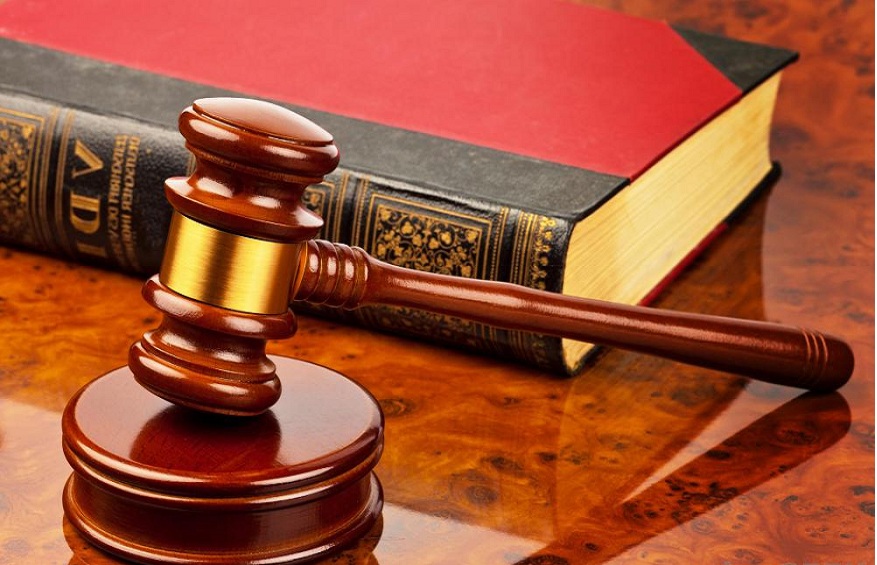The international criminal justice arose from the Allies’ resolve to punish major war criminals in the framework of the Nuremberg and Tokyo trials from 1945 to 1948. Situated between the immediate post-war period and the beginnings of the Cold War, these trials were a “first” in which France participated. For the first time, innovative principles were expressed to punish serious war criminals. For the first time justice was mingled with history. For the first time, an international college of judges met to judge war crimes around new concepts such as collective responsibility
To measure the importance of these two trials in the history of …. The innovation of these courts brought together different countries around the idea of international justice. But it also divided their representatives, bearers of a unique perspective forged by experience, a national heritage, etc.
France was working on the winning side to try the main Nazi and Japanese officials. The French participation in these trials was the combined result of the efforts of General de Gaulle since 1942
The French National Committee, headed by the General of …but also of the French Provisional Government to make the power of justice sovereign in 1945
The French government methodically proceeded to …. Henri Donnedieu de Vabres, professor of law in Paris, was esteemed to sit in Nuremberg, and Henri Bernard, former lawyer of the colonies, in Tokyo. The responsibility of these judges was high and complex. At the confluence of international tensions, the French judges represented a new authority which sought to assert its prestige in the face of the discredit of Vichy. In Europe, France was thus committed to a pacified Europe; in Asia, it wanted to regain its pre-war influence.
The historical situation called for a quick judgment. The French judges, however, ignored it. Bearers of traditions, they expressed their difference by criticizing the heart of the trials. They hoped to improve the procedure, enrich the quality of judgment and express their perception of universal justice. If their unprecedented position was not taken into account at the time, their legacy in the emergence of international jurisdiction deserves to be discovered. The voice of French judges in these trials is important not only for understanding the creation of an international criminal space but also the new balance of power on the international scene. Studies on this subject remain limited, and particularly in French
The Nuremberg Trials and …. The apprehension of this subject can be found in the minutes of these trials, the writings of French judges and their contemporaries. Reading these archives accompanied by studies will provide a better understanding of the exercise of French justice in Nuremberg and Tokyo.
The Nuremberg Trial, “Human Justice”
In his inaugural address on November 21, 1945, Robert H. Jackson, US Attorney General in Nuremberg, underlined the historical significance of the trial of Nazi war criminals:
That four great nations exalted by victory, deeply wounded, stop the vengeful hands and voluntarily deliver their captive enemies to the judgment of the law is one of the greatest tributes that the Force paid to reason
War Crimes Information Service, The Trial of ….
Then advise the prosecutor in Nuremberg, Telford Taylor stated, following the trial that ended on 1 st October 1946, that “Nuremberg was revolutionary in the sense that those who made adopted several criminal entirely new principles
Taylor Telford, Prosecutor at Nuremberg, tr. Fr. M.-F. Paloméra, … “. Although a defender of the principles established in Nuremberg, the French judge Henri Donnedieu de Vabres stressed that the justice rendered in Nuremberg was “human”. What did Henri Donnedieu de Vabres mean with this expression? Did he wish to indicate the fallibility of the verdict rendered at Nuremberg? This part will aim to answer these questions by highlighting the position of the
The idea to bring before the International Court of Justice’s most senior III e Reich was born to the horror of their crimes committed during the Second World War. Robert Jackson asserted that “the real complaining party at the helm [was] Civilization”. This trial responded, according to the French judge, to a “very requirement of the universal conscience
Ibidem, p. 518. », Such was the conception of the French judge of his role in Nuremberg. It was necessary to try the Nazi war criminals, “statesmen, administrators, financial propagandists, military leaders, from whom the initiative and the criminal leadership proceeded

